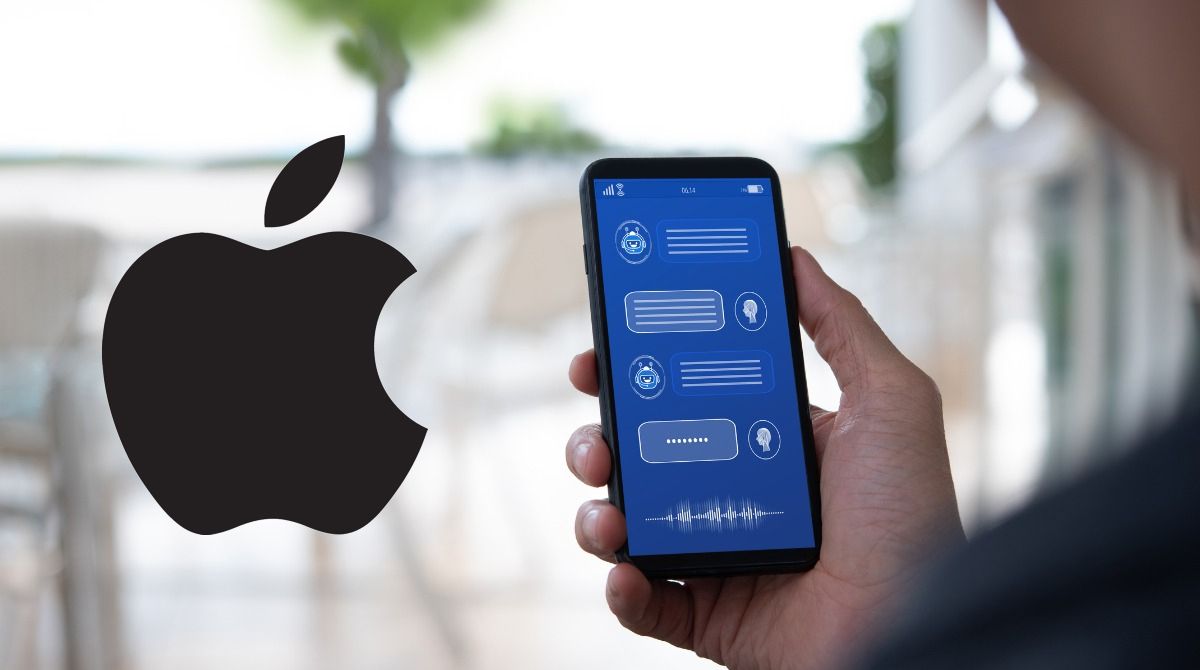
Apple has been working on its own chatbot for months in the purest ChatGPT style, although be careful and do not get your hopes up because it is not intended for users.
Apple has decided not to be left behind in the generative artificial intelligence race and according to a report by Mark Gurman of Bloomberg, the company has been working on its own chatbot, based on its “Ajax” language model and internally referred to as Apple GPT.
As previously reported, the tech giant restricted the use of ChatGPT by employees, according to the Wall Street Journal.
Apple reportedly told its workers that the decision was prevent disclosure of confidential information. For this reason —and not to be left behind in the AI revolution— he has decided to take the plunge and launch his own chatbot.
The “Ajax” language model used by Apple for its tool is based on Google Jax, a machine learning framework from Google, and is powered by the power of Google Cloud. This combination is what allows the company to develop a powerful chatbot that can compete with the proposals of its rivals such as ChatGPT, Bard or Bing.
Apple GPT is now live but only for your AppleCare staff
Although Apple’s chatbot is undergoing internal testing, the company is looking at different ways to use it in its company. One of the possible applications would be provide the tool to your AppleCare support staff to help customers resolve issues and serve your customers more effectively.
In addition, recent job postings from Apple, which is looking to hire professionals familiar with this technology, suggest that the company is taking the creation of its chatbot very seriously.
However, despite its promising uses, the chatbot is still not fully polished and has failed certain tests, which Apple CEO Tim Cook has also acknowledged.
However, it seems that the company is determined to move forward with the development of generative AI to incorporate it into its products and services. Apple is expected to make an announcement about its chatbot and the development of generative AI in 2024.












